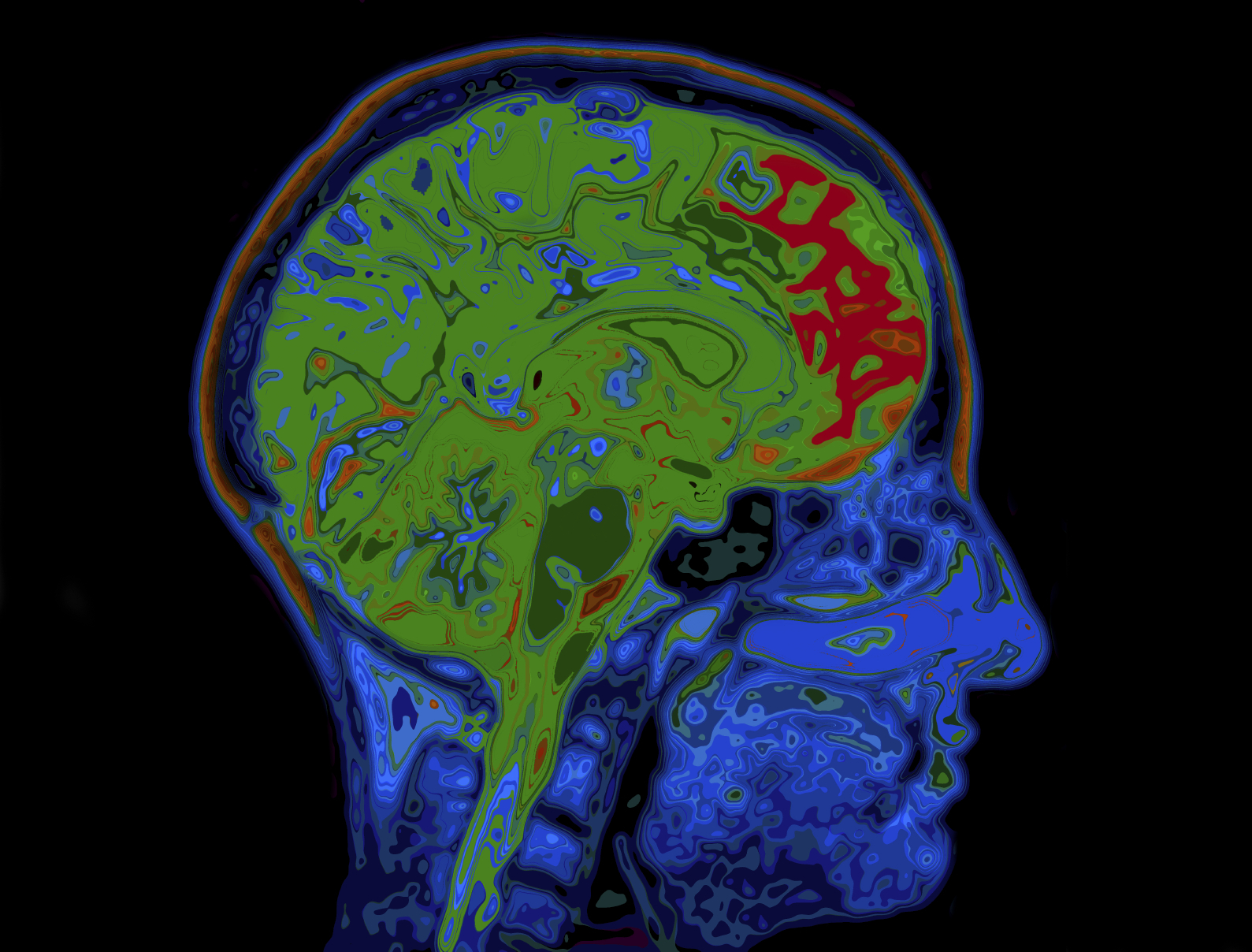
A new study on patients whose lives were damaged by severe depression has found many experienced a “significant improvement” to their condition after undergoing the landmark operations on their brain.
The highly specialised procedure has been used as a last resort after antidepressants and therapy have failed.
The Advanced Interventions Service at Ninewells Hospital in Dundee is one of the only units in the world which performs the technique.
Now doctors say that with advanced and highly specialised techniques, the procedure can help or even cure the symptoms of depression with few side-effects.
The study was published by Dr David Christmas, consultant psychiatrist at the Advanced Interventions Unit.
It compared patients’ symptoms of depression before undergoing the procedure with how they felt one year later.
The treatments currently carried out at the centre for Scottish NHS patients are Anterior Capsulotomy and Anterior Cingulotomy which are usually performed under general anaesthetic.
They target a small part of the brain that is thought to be working incorrectly in people with severe depression, and may be interfering with the brain’s emotional processing.
A probe is inserted into the brain and heated to destroy a small area of brain tissue.
The study found that around half of the people having neurosurgery had significant improvement in their depressive symptoms 12 months after the two treatments. Average improvements were about a 40% reduction in the severity of their symptoms.
Dr Christmas said: “We wanted to look at the results of different treatments that are carried out for patients with severe depression, to see how they compare.
“These types of studies are few and far between so we looked at different groups of patients who’d had three different procedures at our unit.
“Patients having neurosurgery have usually had chronic depression for around 20 years and they find it impossible to work, take part in social activities, or engage with their friends or family.
“They may have a history of self-harm or suicide attempts and have often spent time in a psychiatric hospital because of their depression.
“In these sorts of patients, spontaneous improvement is almost unheard of, so when we are discussing treatment options with them, we try to explain that things are unlikely to change if we do nothing.
“Our results show that depressed patients who have not responded to all other available treatments can often get significant improvement following neurosurgery.”
Side-effects of the treatment reported in the study were relatively minor and included headaches, confusion and nausea.
Previously, such procedures have attracted controversy because they are invasive and cannot be reversed – and there has also been a lack of evidence to prove they worked.
But doctors now hope their study will “reassure” patients whose depression has not responded to drugs and therapy that neurosurgery is a potential treatment that could improve their quality of life.
Alison Lawrence, chief executive of the charity Depression Alliance, said: “We welcome all research into the treatments and causes of depression.
“The more we can understand the more appropriate approaches to care and support should become.”

Enjoy the convenience of having The Sunday Post delivered as a digital ePaper straight to your smartphone, tablet or computer.
Subscribe for only £5.49 a month and enjoy all the benefits of the printed paper as a digital replica.
Subscribe